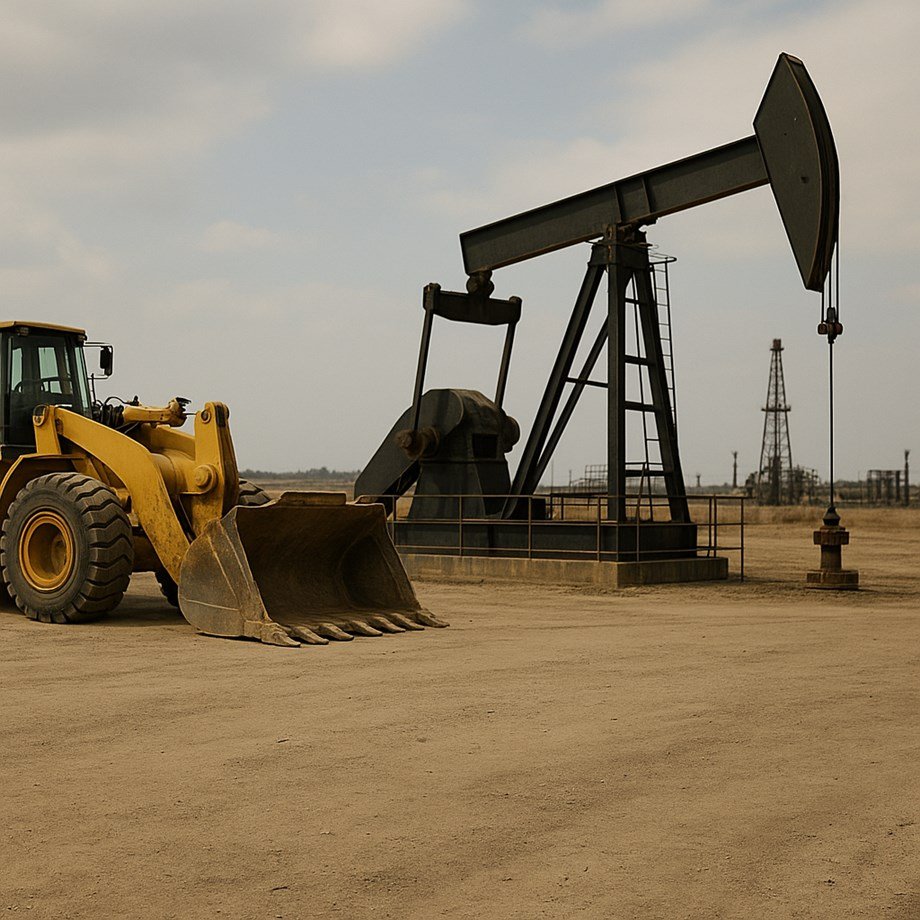India is undertaking a calculated pivot toward Africa as it redefines its global energy partnerships to ensure a diversified, stable, and long-term energy supply. Triggered by a notable dip in crude oil imports from Russia – reaching a two-year low in February 2025 – this shift underlines India’s need to rebalance its energy import strategy amidst evolving geopolitical landscapes and supply uncertainties. The strategic expansion into Africa reflects both economic pragmatism and diplomatic foresight as India seeks secure energy corridors, diversified import origins, and stronger South-South collaboration.
Surge in African Crude Imports
India’s rising crude imports from Africa are among the most immediate indicators of this deepening engagement. According to Reuters, India’s oil imports from African nations surged to approximately 330,000 barrels per day (bpd) in February 2025, more than doubling from January’s 143,000 bpd. This marked a significant revival of African crude’s role in India’s energy basket, after months of relative dormancy driven by cheaper Russian barrels post-Ukraine conflict.
The Indian Oil Corporation (IOC), a major state-owned refiner, is leading the charge. In April 2025, IOC is scheduled to receive a sizable shipment of two million barrels of Nigeria’s Okwuibome crude, along with one million barrels each from Nigeria’s Akpo and Angola’s Mostarda fields. These new cargo flows highlight how African producers are rising to meet India’s growing demand while diversifying their own export markets away from Western dominance.
Major Upstream Investments in Mozambique and Nigeria
Beyond short-term purchases, India is bolstering its upstream investments in Africa. In March 2025, the Oil and Natural Gas Corporation (ONGC) approved a $175 million loan to support the development of the Area 1 Mozambique LNG Project. This megaproject, located in the Rovuma Basin, holds an estimated 75 trillion cubic feet of recoverable gas. Indian state-run firms – ONGC Videsh, Bharat Petroleum Corporation Ltd. (BPCL), and Oil India Ltd. – collectively hold a 30% stake, underscoring the strategic value placed on this venture.
Area 1’s gas fields, including Windjammer, Barquentine, Lagosta, Camarão, Golfinho, Orca, and Atum, are poised to become vital contributors to India’s long-term liquefied natural gas (LNG) needs.
Simultaneously, India is advancing its footprint in Nigeria, not just in crude procurement but also through refining and petrochemical ventures. In 2023, India pledged a $14 billion investment in Nigeria’s hydrocarbons sector, including chemicals and fertilizer production. At CERAWeek in March 2025, ONGC reaffirmed its Africa-centric investment strategy, also eyeing the Middle East and Latin America.
Nigeria, seeking to reduce its dependency on imported refined fuels, has responded warmly. The Nigerian National Petroleum Corporation (NNPC) has actively invited Indian firms to invest in its refining and natural gas segments. Policy reforms and incentives introduced by Nigeria’s government have made such ventures increasingly attractive.
India’s Green Energy Push Across Africa
Recognizing Africa’s dual energy challenge – energy access and transition – India is positioning itself as a long-term partner in renewable development. One of the most ambitious initiatives is in Egypt, where Indian renewables firm ReNew Energy is in discussions to develop a $8 billion green hydrogen project in the Suez Canal Economic Zone. Targeted to produce 220,000 tons of green hydrogen annually, this initiative could transform Egypt into a key regional clean energy hub.
The International Solar Alliance (ISA), spearheaded by India, has committed to expanding Africa’s solar infrastructure. With 30 projects underway across the continent, ISA recently received a $25 million boost from the Indian government. The aim: to deliver clean energy access to 200 million Africans by 2030, replicating India’s domestic solar success through scalable, decentralized models.
Complementing these efforts, the Africa Finance Corporation (AFC) secured a $300 million syndicated loan from Indian banks in December 2024, marking a breakthrough in Indian financial institutions’ involvement in African infrastructure and green projects.
Upcoming Collaboration Platforms and Future Outlook
The momentum is set to grow at African Energy Week 2025, scheduled for September 29 to October 3 in Cape Town. The event will host high-level panels, project showcases, and deal signings – all tailored to deepen Indian-African energy cooperation. More than ten African nations are preparing new licensing rounds and farm-in opportunities, which Indian upstream firms are actively assessing.
India’s interest spans the entire value chain – from exploration and production to refining, storage, and even hydrogen economy development. Downstream infrastructure, such as new pipelines and terminals, presents another area for Indian capital and expertise.
A Strategic Pivot with Long-Term Payoffs
India’s energy shift toward Africa marks a profound realignment of its external energy policy. It reflects both a tactical response to current market dynamics and a visionary approach to long-term energy resilience. From Mozambique’s gas reserves to Nigeria’s refining ambitions and Egypt’s green hydrogen dreams, India is embedding itself as a trusted, versatile energy partner across the continent.
By investing across fossil fuels and renewables alike, India is not just securing its own energy future—it is also contributing meaningfully to Africa’s development goals, creating a model for equitable, green, and sustainable growth through South-South cooperation.

